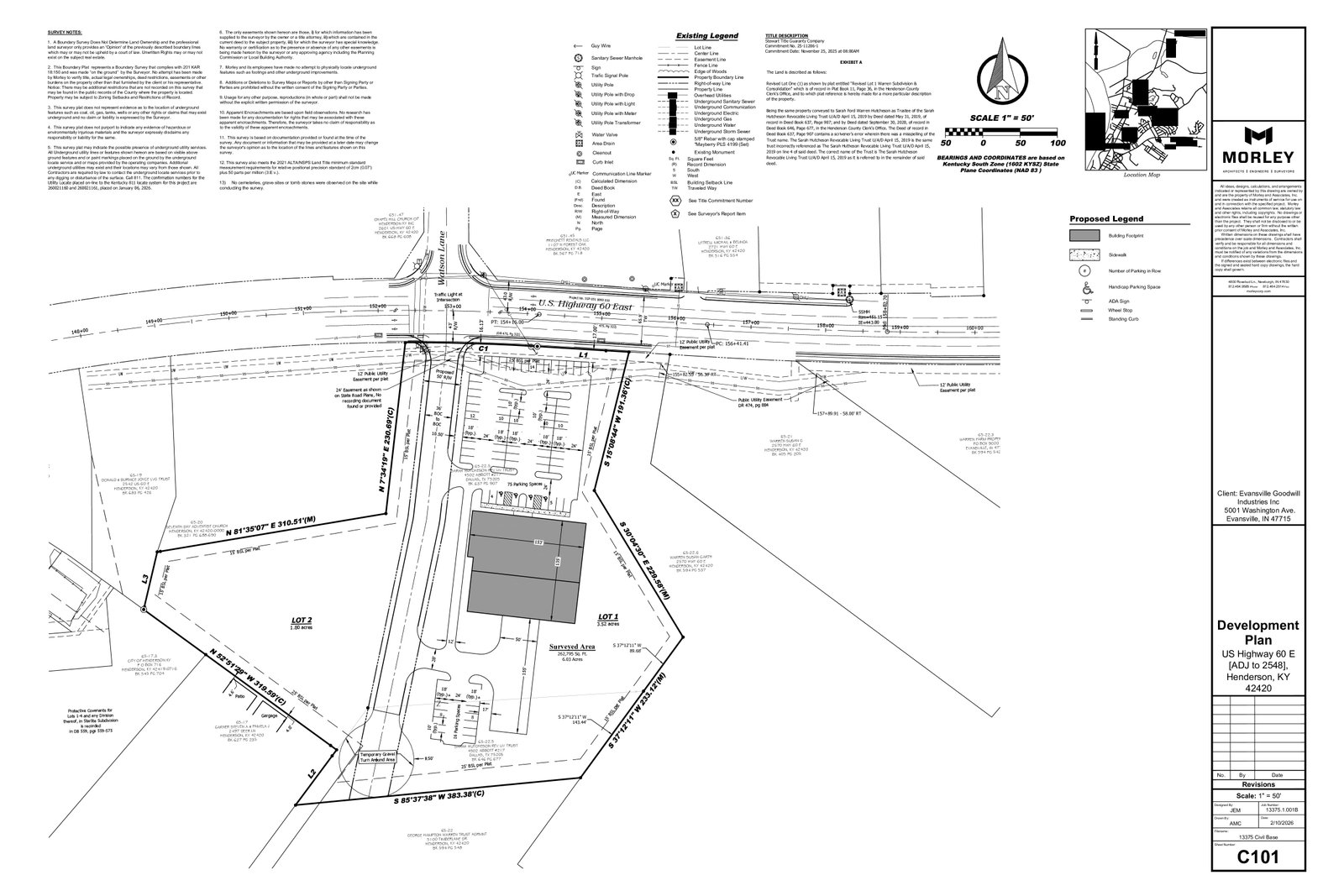(This column first appeared in the September print edition of the Hendersonian.)
You know the moment it happens. It is July and then August: the air is heavy with heat, fireworks punctuate the air, when suddenly the sound of back-to-school commercials on television permeate your living room. This overlap can affect those with dementia/Alzheimer’s as shifting realities and awareness collide with television sound and visuals. The continuum of sound intermingles with the reality of life creating abstract thinking and confusion. When the television is on each day all day, the lines often blur between reality and the landscape of TV programs and commercials. This incessant repetition of products for sale wreaks havoc on audiences that one hopes are not intended.
“I know that Kiyomi doesn’t wear clothes,” my loved one with dementia admits quietly. “I know she’s a dog, but I just wondered if I should be getting her some new clothes for school. I am confused about that.”
My paused response is louder. We go back and forth, and the subject comes up again each time another commercial comes on. Ultimately, she is not wrong; there are those without dementia who dress their pets in children’s clothing. Yet this is a new chapter, along with occasionally seeing another dog in the room (one that does not exist).
Along with reasoning and judgment impairment, visual and auditory hallucinations can play a part in regressive tendencies due to dementia. They are sensory experiences that seem real but that are based on external stimuli. My mother has taken to counting the pets present in the room to be sure that none are missing following a potty break outside. On my visits to her home, I travel with two dogs, and a cat and added with her own dog, it makes for a large count. I am relieved for her diligence, as on one occasion, my indoor cat was lost in a heavily wooded area in Appalachia while traveling with my mother. One thing is for sure–the dementia adventure keeps one on their toes.
Some studies show that a MIND (Mediterranean-DASH Intervention for Neurodegenerative Delay) diet, which introduces foods that include B12, can benefit those with dementia/Alzheimer’s. Additionally, studies show that taking vitamin B12 can be helpful for those with a deficiency causing cognitive impairment, sometimes mimicking signs of dementia. In an article that outlined the symptoms of both B12 deficiency and dementia on fortune.com, doctors explained the differences.
Korin Miller who quotes the National Institutes of Health writes in the article, “This vitamin helps your body make DNA and plays a role in the development and function of the central nervous system, which includes the brain and spinal cord. Your body can’t make vitamin B12, so you need to get it from outside sources like meat, dairy, eggs, fortified foods, and supplements.
(Note: One egg eaten weekly, including the yolk, which contains choline for brain health, reduces the likelihood of dementia/Alzheimer’s by over 47%.)
Following a vegan diet for years is a big one, says Deborah Cohen, an associate professor in the Department of Clinical and Preventive Nutritional Sciences at Rutgers University School of Health Professions. But Cohen says there are plenty of other risk factors for vitamin B12 deficiency, including taking the diabetes drug Metformin and certain medications for gastroesophageal reflux disease (GERD). People who have had stomach surgery for weight loss, older adults, and people with Crohn’s and celiac disease are also at risk for a B12 deficiency.
How to tell the difference between dementia and a mere vitamin B12 deficit?
Doctors usually order a blood test to check potential factors that could cause dementia.
“B12 deficiency is more common in people with Alzheimer’s disease,” says Dr. Scott Kaiser, a geriatrician and director of Geriatric Cognitive Health for the Pacific Neuroscience Institute in Santa Monica, Calif. “If you treat the vitamin B12 deficiency and symptoms improve, that will help you know what is causing them.”
For now, being patient with my mother and approaching the disease with the understanding that it is her brain that is causing the symptoms helps the day-to-day journey. Changing the subject when she has regressive moments, focusing on other things, like a photograph or painting in the home, a memory, or taking a walk together help to switch the energy in the room. Those practices, along with the MIND diet, will help in the long run.
From healthline.com, here is a list of nine foods that the MIND diet encourages:
• Green, leafy vegetables.
• All other vegetables.
• Berries.
• Nuts.
• Olive oil.
• Whole grains.
• Fish.
• Beans.
• Poultry.
These foods contain many nutrients that promote good brain health, possibly by reducing oxidative stress and inflammation.
Early research shows that closely following the MIND diet is associated with a lower risk of Alzheimer’s disease and a slower loss of brain function over time.
The next time my loved one with dementia sits down to her usual television program, I will make sure to slide a healthy snack in front of her like a boiled egg with avocado and a side of blueberries. And yes, there will be a B12 vitamin included next to her plate. And as soon as the commercials begin for back-to-school sales, I’ll be sure to switch the channel.



















